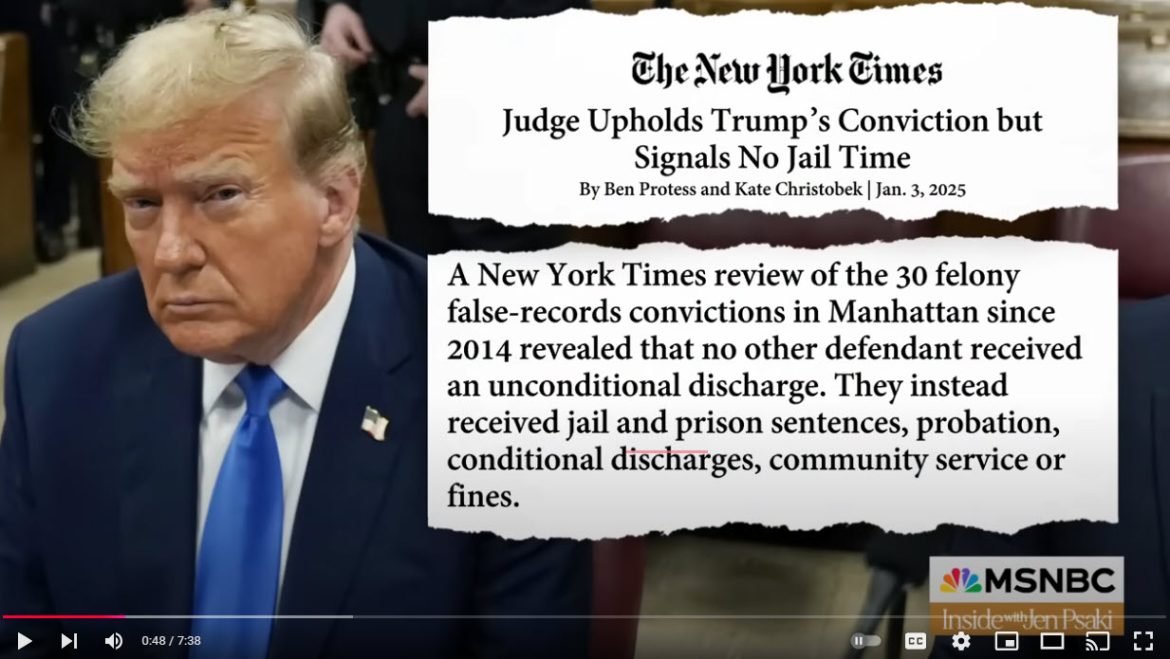A Manhattan judge has set January 10th as the sentencing date for President-elect Donald Trump in his New York “hush money” case, a historic legal moment unfolding just days before his inauguration. Trump, who was found guilty in May on 34 counts of falsifying business records related to payments made to adult film actress Stormy Daniels before the 2016 election, faces a legal crossroads as his lawyers appeal for delays and immunity considerations.
Trump’s legal team is urging the court to postpone the sentencing, citing an ongoing appeal to dismiss the conviction. They argue that a Supreme Court ruling on presidential immunity protects Trump from being prosecuted for actions taken before and during his presidency. Despite these efforts, Judge Juan Merchan has rejected Trump’s request to dismiss the case, affirming that the January 10th sentencing will proceed as planned.
In his ruling, Judge Merchan acknowledged the complex interplay of Trump’s status as President-elect but emphasized that the legal process must continue uninterrupted. He indicated that incarceration is unlikely, hinting instead at the possibility of an unconditional discharge. Such a ruling would leave Trump with no jail time but place conditions on his behavior moving forward, potentially dismissing the case if no further legal issues arise.
The conviction stems from Trump’s alleged efforts to suppress damaging information during his 2016 campaign. Prosecutors argued that Trump orchestrated hush money payments to Daniels and then falsified business records to conceal the transaction. The case has drawn national attention, not only for its unprecedented nature but also for its potential implications on Trump’s ability to govern while navigating ongoing legal challenges.
The Supreme Court’s earlier ruling on presidential immunity has further complicated the case. While the ruling suggested some immunity protections for sitting presidents, its application to President-elect Trump remains ambiguous. Legal experts anticipate that the appeals process could shape the broader understanding of executive immunity in unprecedented ways.
Trump, who has consistently maintained his innocence, has characterized the case as politically motivated. Speaking to supporters, he reiterated his claims of a biased judicial system and vowed to fight the charges. His legal team remains steadfast in their argument that the conviction should be overturned, relying heavily on the precedent set by the Supreme Court.
This sentencing marks a significant chapter in Trump’s legal battles as he transitions into the presidency for a second term. If sentenced, Trump would become the first U.S. president to take office following a felony conviction, underscoring the unprecedented intersection of politics and the judicial system.
The January 10th hearing is expected to draw intense media coverage, with the eyes of the nation fixed on how the judiciary will navigate the balance between legal accountability and presidential immunity. For now, Trump’s legal and political future hangs in the balance as the world watches the unfolding drama.



